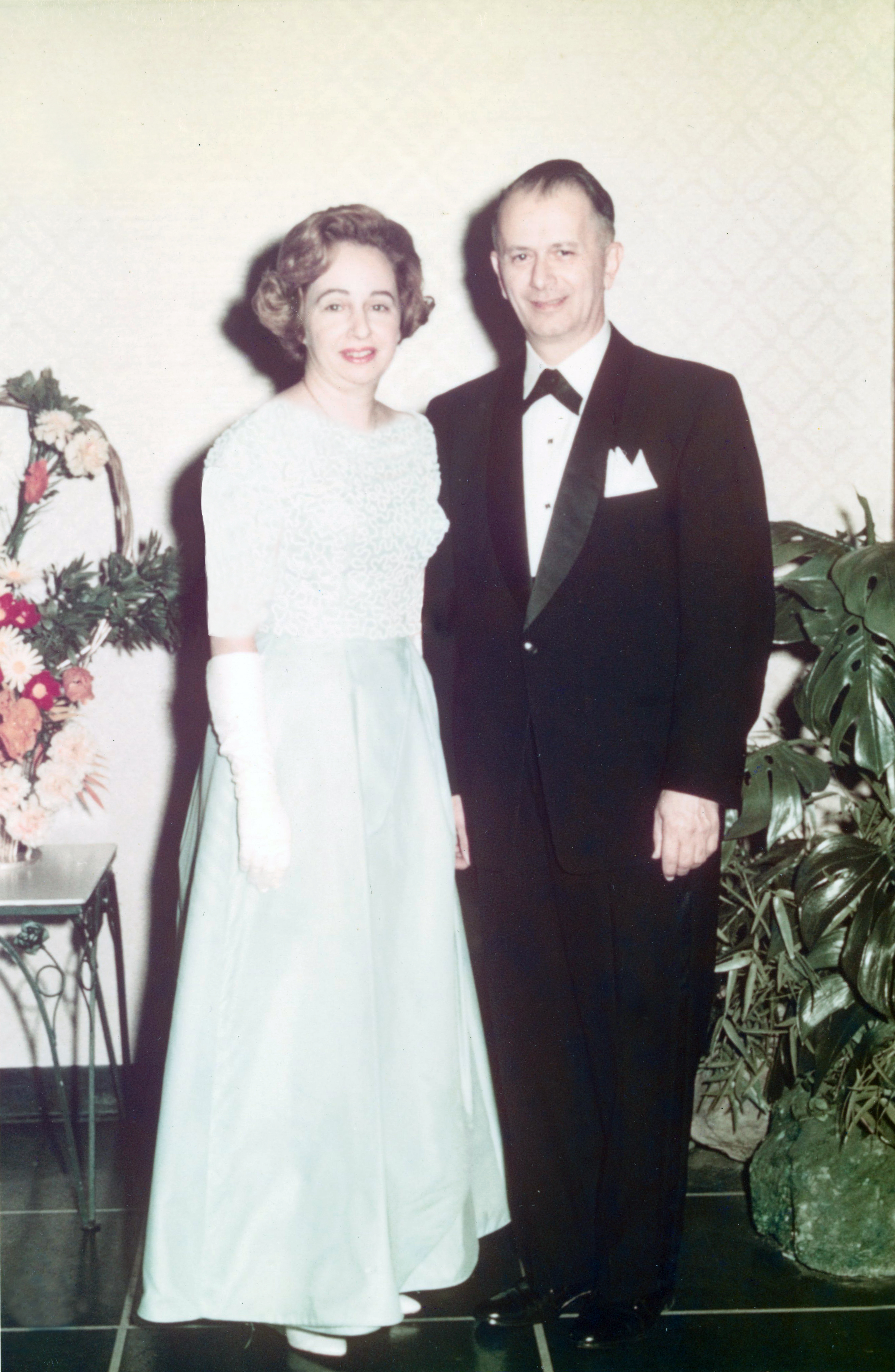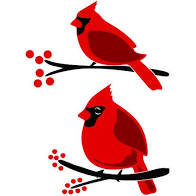Mrs. Hannah Storch, a”h : Baltimore’s First Lady of Chesed

The shivah is over for


The shivah is over for

In the last issue, I described recent research into a phenomenon called adverse childhood experiences, or ACEs. Studies show that abuse and neglect, exposure to domestic violence, household substance abuse, parental mental illness, parental separation or divorce, or an incarcerated household member, affect people into adulthood and can even decrease their lifespan. They are more likely to struggle with alcoholism, drug abuse, and depression as well as cancer, heart disease, and chronic lung disease. While, trauma in childhood has been called “the greatest public health issue of our times,” it is often hidden and unrecognized.

As we learn more about the epidemiology of COVID-19, it appears that the main source of transmission is through virus-carrying droplets and airborne aerosols. However, direct person-to-person contact is also thought to play a role, which has led to recommendations for masking, social distancing, and hand hygiene. These recommendations are having a major impact on human behavior and threaten to relegate the ubiquitous handshake to the waste (or hand) basket of history.
Shaking hands has a long history as one of the most recognized forms of non-verbal human communication, probably first recorded in

A lot of parents ask me, “How do you do it? How do you have a good experience in the kitchen with kids?” They tell me they can’t have the mess, they don’t want the disorganization – they just can’t do it. And I answer, yes, you can. Getting kids in the kitchen is a beautiful thing. The kitchen is a wonderful place to make memories – and those memories can be fond ones (as opposed to the miserable, crying ones). In fact, making food with children is an amazing multipurpose activity. Not only are there numerous fun learning opportunities with food as you talk about science, math, logistics, and chemistry but you can build self-esteem at the same time. And having the “carrot” of a delicious treat at the end doesn’t hurt either.

In the introduction to this series, I explained how, many years ago, I wrote a book for my children on advice for life. It was based largely on Pirkei Avos, whose principles I have tried to live by and tried to instill in them. Parts one and two of this four-part series dealt largely with choosing a marriage partner. In part three, I continue with another element of success in life, namely family finances. This includes learning and working, planning for a career, investing, and using money as Hashem intended. This fits in well with the investment theme of this month’s Where What When.

On December 8, 1941, my Dad, who was at that time too old to be drafted, quit his job and volunteered to join the fight against tyranny. Two-and-a-half years later, on
After the war, my Dad returned home, tossed his medals into a cigar box, hung up his uniform, got a job, and got married. He rarely spoke about the war until a couple of years before his death in 2006.

I felt like I came late to the party. I was exposed to COVID so many times before I was finally diagnosed with it the week of October 11th. My mom had it and was hospitalized for two weeks. Some of my siblings had it; they waited it out at home and were okay. I wasn’t admitted to the hospital until October 19th, and my experience was – shall we say, interesting. I learned a lot and am still processing what happened.
I really don’t know where I picked up the virus. I had traveled to the Midwest to spend Yom Tov with my parents, and shortly after I returned to Baltimore, I attended a friend’s wedding – masked, of course. I work in a health care facility, and we had some COVID cases, so it is kind of crazy that it took so long for me to get it. In the building where I live with my roommates, there were people who had Corona, but we didn’t catch it. We were being really careful.

As tax season approaches, let’s review several tax savings opportunities related to children.
The Child Tax Credit
For every child under the age of 17, you get a $2,000 tax credit. For children 17 and over, you get only $500. A tax credit is very straightforward. It means a full $2,000 (or $500) off your taxes. Your income has to be under $400,000 to qualify. This generous income cap is a big boon to frum families.
If a family (such as a kollel couple with no income) owes no taxes, they still get the 40% of the credit, or $1,000 ($2,500 x 40%).

On September 1, 2016, my husband and I, along with cousins and other family members, gathered at the French Embassy in Washington D.C. as my aunt, Dorothy Kabat Pollack Kirby, was presented with the award of Knight in the National Order of the Legion of Honor by the French government. This is the highest award the French bestow on those who served on French soil to help liberate France from the grip of the Nazi regime during World War II. Afterward, many people asked me how my aunt was awarded this great honor and what she did to deserve it. To mark our recently celebrated Veterans Day, as well as my aunt’s 100th birthday, this past November 6, I want to share her story as well as the work I did to make this great day happen.

I remember the days when getting ready for bed meant washing my face and brushing my teeth, something that took all of five minutes to accomplish. These days, however, my nighttime routine has turned into a time-consuming evening event. Let’s see, I now use make-up remover before washing my face and an anti-oxidant facial serum for I don’t even know what, but my sister-in-law said it’s a good thing to use, and besides she gave it to me for a present. After flossing my teeth, I’ve started using a water pick and an electric toothbrush, both recommendations from my dentist. Next, I apply creams and lotions and oils because over the past year or so, my skin has dried up.

Lead poisoning? Isn’t that something that happens to poor, neglected children or to people who live in dilapidated houses? Unfortunately, the answer is no. Lead poisoning can happen right here in our community, in our own neighborhoods, to regular people who live regular lives.
Lead poisoning is a serious problem because it can have life-changing repercussions, especially in children under six. It is known to affect IQ, the ability to pay attention, and academic achievement, and its effects are irreversible. Among the symptoms of lead poisoning are developmental delays, irritability, loss of appetite, and weight loss.

Choosing a career is the most momentous decision (aside from marriage) that young people have to make. While many in our community gravitate to certain common occupations, career paths are not always straightforward. The twists and turns of life – not to mention the bumps and mountainous climbs – often play a role in deciding what we want to be “when we grow up.” The young men depicted here are entrepreneurs. Although they may have not yet arrived at their final career destination, one thing is for sure – these ambitious young men made some unconventional choices. I had the privilege of “virtually meeting” each of these young, single men, whose career callings reminded me of Robert Frost’s poem, “The Road Not Taken.” They each took the road less traveled by, and to them, it has made all the difference.

Money affects our lives from the day we are born until the day we die. We eat food that costs money, we sleep in beds with pillows and blankets that cost money, we live in houses that cost money, we send our kids to schools that cost money, we wear clothing that costs money, and we drive cars that cost money. We worry about spending money – and also about not spending money. And while we figure it all out (or not), our children watch and learn from us.

Just a few weeks ago, in parshas Noach, we read about

Unsure of my exact destination and uncertain about my upcoming meeting, I felt vulnerable and queasy as the bus lurched around the sharp turns on the descent from Yerushalayim, but I soon arrived at my stop. Alighting, I surveyed my surroundings. I was a few minutes walk from Ramat Motza, a small, pretty neighborhood right outside the entrance of Yerushalayim, directly below Har Nof. I navigated to the address I was given with help from my trusty old Moovit navigation app.
Copyright © 2012 Where What When. All rights reserved.